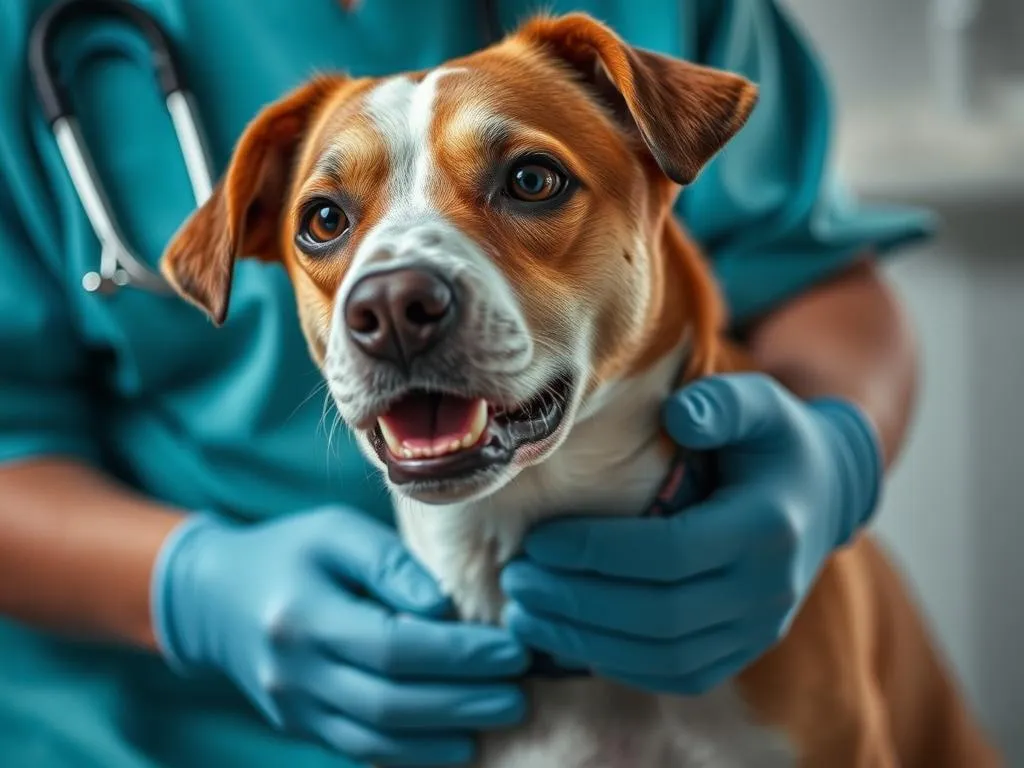
Introduction
When it comes to dog health care, one of the most significant decisions pet owners face is whether to neuter their furry companions. Neutering, or castration, is a surgical procedure that sterilizes male dogs, preventing them from fathering puppies. It’s more than just a means of population control; this procedure carries numerous health and behavioral benefits that can enhance your dog’s quality of life. In this article, we will focus specifically on the question: how long will it take to neuter a dog? We will explore the entire neutering process, from pre-surgery preparations to recovery times, and answer any questions you might have along the way.
Understanding Neutering
Definition of Neutering
Neutering refers to the surgical removal of a male dog’s testicles. This procedure is often confused with spaying, which is the equivalent surgery for female dogs involving the removal of the ovaries and uterus. While both procedures aim to prevent reproduction, neutering specifically targets male anatomy and is generally considered less complex.
Reasons for Neutering
There are several compelling reasons for neutering your dog:
- Health Benefits: Neutering reduces the risk of certain cancers, such as testicular cancer, and can lower the chances of prostate issues.
- Behavioral Benefits: Neutered dogs often exhibit fewer aggressive behaviors and are less likely to roam, reducing the risk of getting lost or injured.
- Population Control: By neutering your dog, you contribute to controlling the pet population, helping to reduce the number of homeless animals.
The Neutering Process
Pre-Surgery Preparation
Before your dog undergoes the neutering procedure, there are several important steps:
- Veterinary Consultation: A thorough examination by a veterinarian will ensure that your dog is healthy enough for surgery. Discuss any concerns you may have.
- Necessary Vaccinations and Health Checks: Ensure your dog is up to date on vaccinations and has undergone any necessary health tests.
- Fasting Before Surgery: Typically, dogs should not eat for 8-12 hours prior to surgery, as this helps minimize the risk of complications during anesthesia.
The Surgical Procedure
Neutering is a straightforward procedure that typically involves the following:
- Techniques Used: The surgery is performed under general anesthesia. The veterinarian makes an incision in the scrotum to remove the testicles. In many cases, this can be done using a minimally invasive technique, which may result in smaller incisions and quicker recovery times.
- Duration of the Surgery: The actual surgery usually takes between 20 to 40 minutes, depending on the dog’s size and the surgical technique used.
Post-Surgery Recovery
After the surgery, your dog will require careful monitoring:
- Immediate Aftercare: Your veterinarian will provide pain management strategies and instructions for at-home care.
- Signs of Healthy Recovery vs. Complications: Look for signs such as reduced activity, mild swelling, or slight discomfort. However, if your dog exhibits severe swelling, excessive bleeding, or lethargy, contact your veterinarian immediately.
How Long Will It Take to Neuter a Dog?
Time Involved in the Entire Neutering Process
When considering how long will it take to neuter a dog, it’s important to look at the entire process:
- Pre-Surgery Consultation and Preparation Time: The initial consultation can take anywhere from 30 minutes to an hour, depending on your dog’s health history and any required vaccinations.
- Duration of the Surgery Itself: As mentioned, the surgery typically lasts 20 to 40 minutes.
- Recovery Time and Follow-Up Visits: After surgery, dogs usually stay at the veterinary clinic for a few hours until they wake up from anesthesia. Full recovery at home can take about 10 to 14 days, during which you’ll need to monitor your dog closely.
Factors Influencing Neutering Duration
Several factors can affect the overall time it takes to neuter a dog:
- Dog’s Age, Size, and Breed: Younger dogs generally recover faster than older dogs. Smaller breeds may also have shorter recovery times compared to larger breeds.
- Health Conditions and Complications: Pre-existing health issues can complicate the surgery and recovery process, potentially extending the time required.
- Type of Veterinary Facility: The type of facility can influence both the procedure’s duration and recovery time. Animal hospitals may have more resources for complex cases compared to regular clinics.
What to Expect After Neutering
Immediate Post-Operative Care
After the procedure, your focus should shift to ensuring your dog recovers well:
- Pain Management Strategies: Your veterinarian will likely prescribe pain relief medication. Follow their instructions carefully to keep your dog comfortable.
- Monitoring for Signs of Infection or Complications: Keep an eye out for any unusual signs, such as increased swelling, discharge from the incision, or changes in behavior.
Long-Term Care and Considerations
As your dog recovers, consider the following:
- Activity Restrictions During Recovery: Limit your dog’s activity for about 10-14 days post-surgery. Avoid strenuous exercise, jumping, or running until the vet gives the all-clear.
- Adjusting Diet and Exercise Post-Neutering: You may need to adjust your dog’s diet to prevent weight gain, as neutering can affect metabolism. Consult your veterinarian for advice tailored to your dog’s specific needs.
Behavioral Changes
Neutering can lead to various behavioral changes:
- Potential Changes in Behavior Post-Neutering: Many owners note a decrease in aggressive tendencies and roaming behaviors after neutering.
- Long-Term Benefits for Training and Socialization: Neutered dogs may be easier to train and socialize, making them more enjoyable companions.
FAQs About Neutering
Common Concerns and Misconceptions
Many pet owners have reservations about neutering. Here are a few common myths:
- Myths About Neutering and Its Effects on Health: Some believe that neutering can lead to obesity or health problems. In reality, proper diet and exercise play a more significant role in a dog’s health than neutering itself.
- Addressing Fears About the Surgery: It’s normal to feel anxious about surgery, but remember that neutering is a routine procedure performed by experienced veterinarians.
Questions Pet Owners Frequently Ask
Here are some frequently asked questions regarding neutering:
- What Age is Best to Neuter?: Most veterinarians recommend neutering between six months and one year, but individual recommendations may vary based on breed and health.
- How Much Does Neutering Cost?: The cost can vary significantly based on location, the vet’s experience, and any additional services required. On average, it ranges from $50 to $300.
- Will Neutering Change My Dog’s Personality?: While neutering can impact behavior, it does not change your dog’s fundamental personality.
Conclusion
Neutering is an essential aspect of dog health care that offers numerous benefits, not only for your pet but also for the community. By understanding the neutering process and the time it takes, pet owners can make informed decisions that enhance their dog’s quality of life. Remember, every dog is unique, so it’s crucial to consult with a veterinarian for personalized advice tailored to your furry friend. Responsible pet ownership includes making choices that ensure a happy, healthy life for your dog and contributing to the well-being of all pets in your community.









